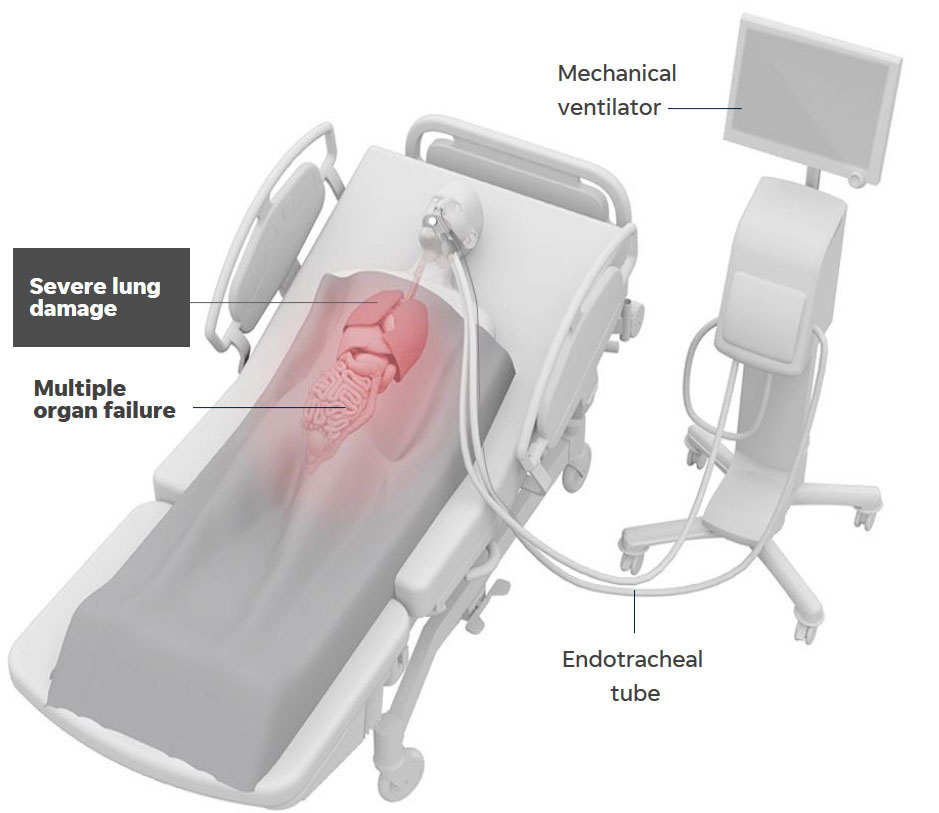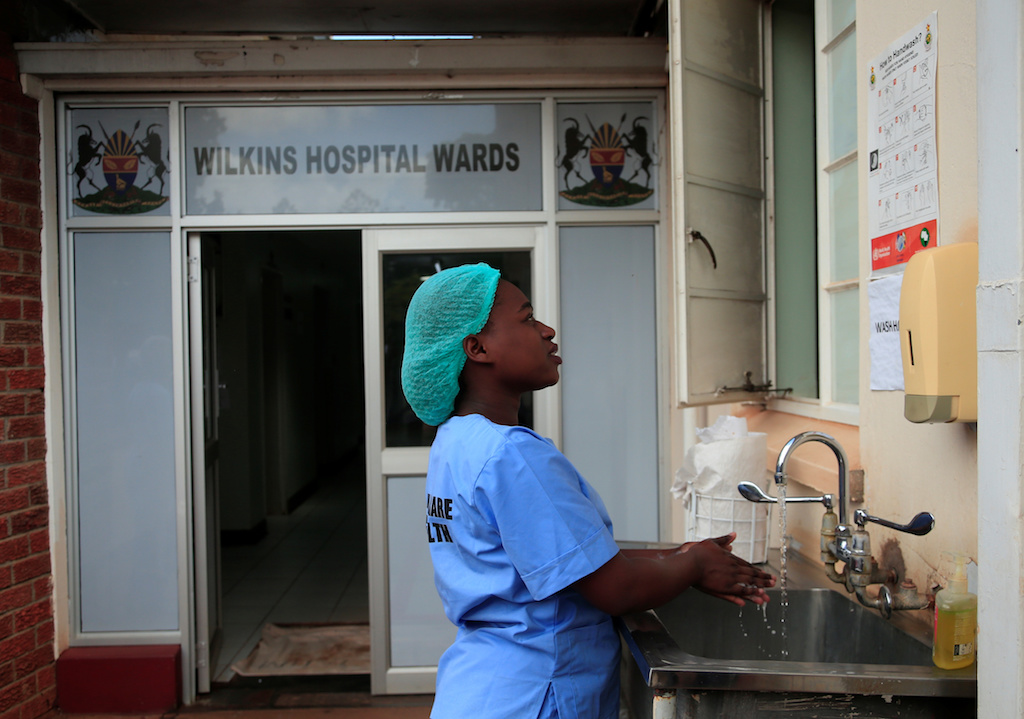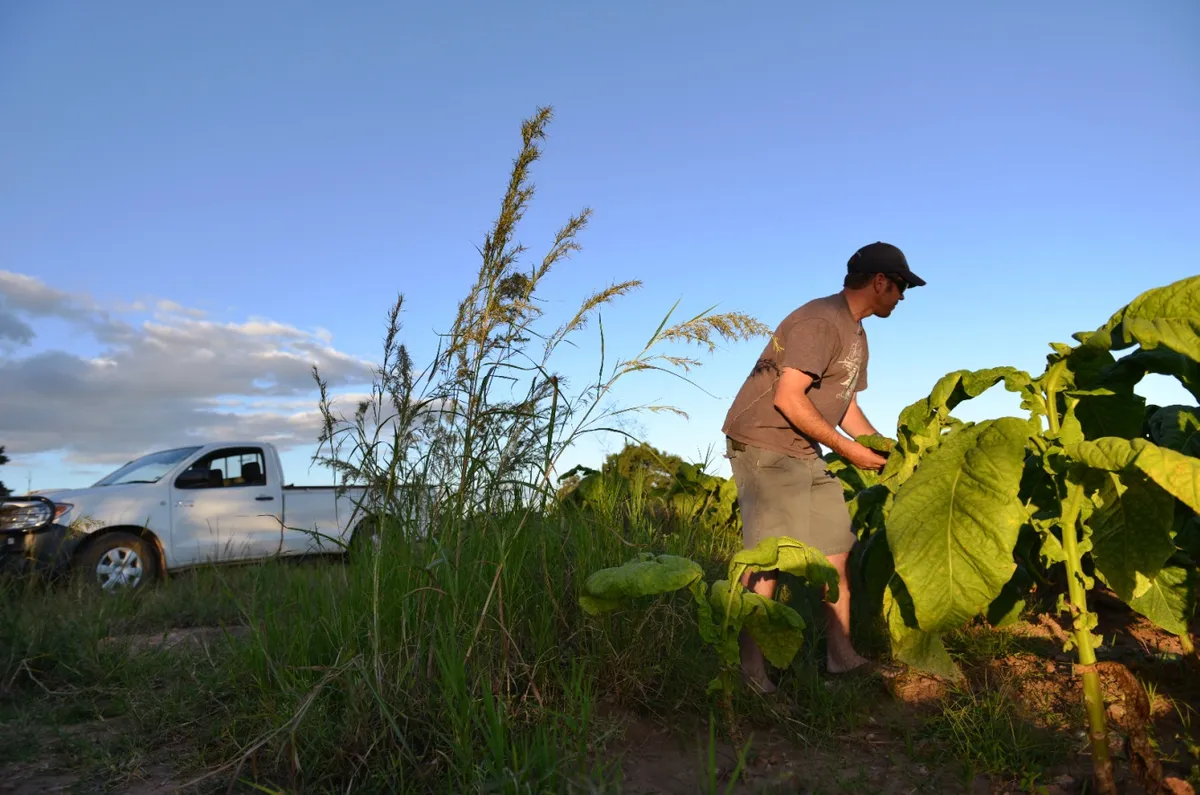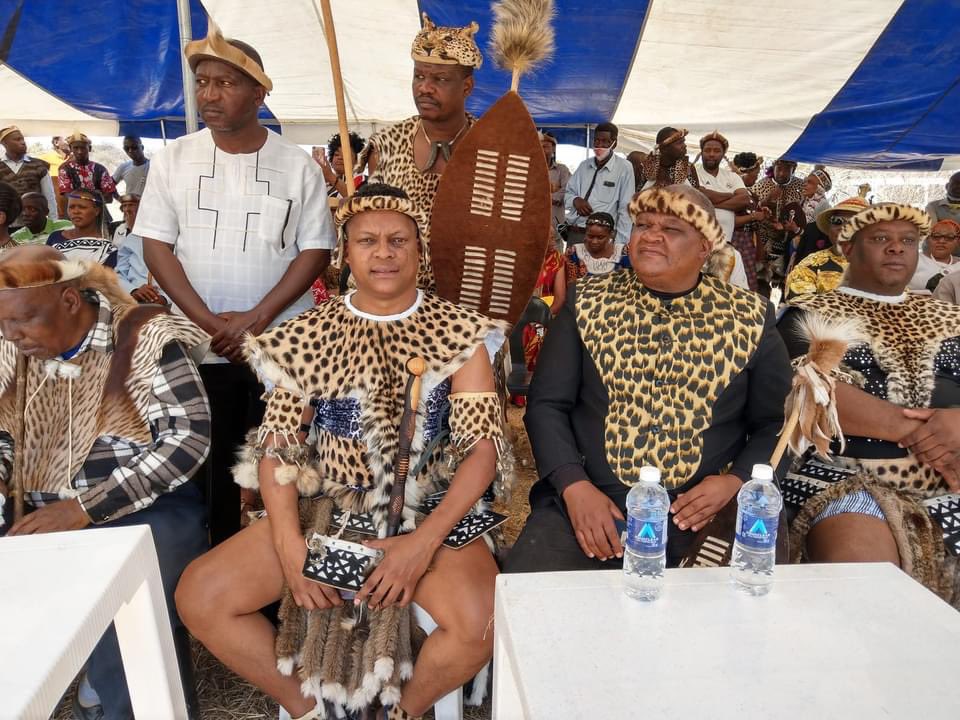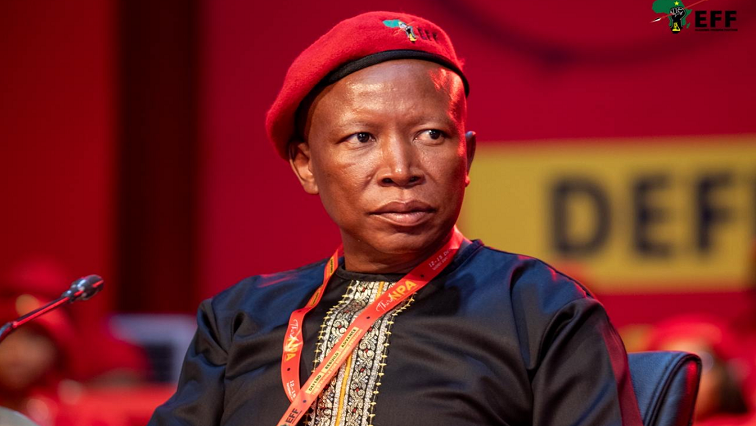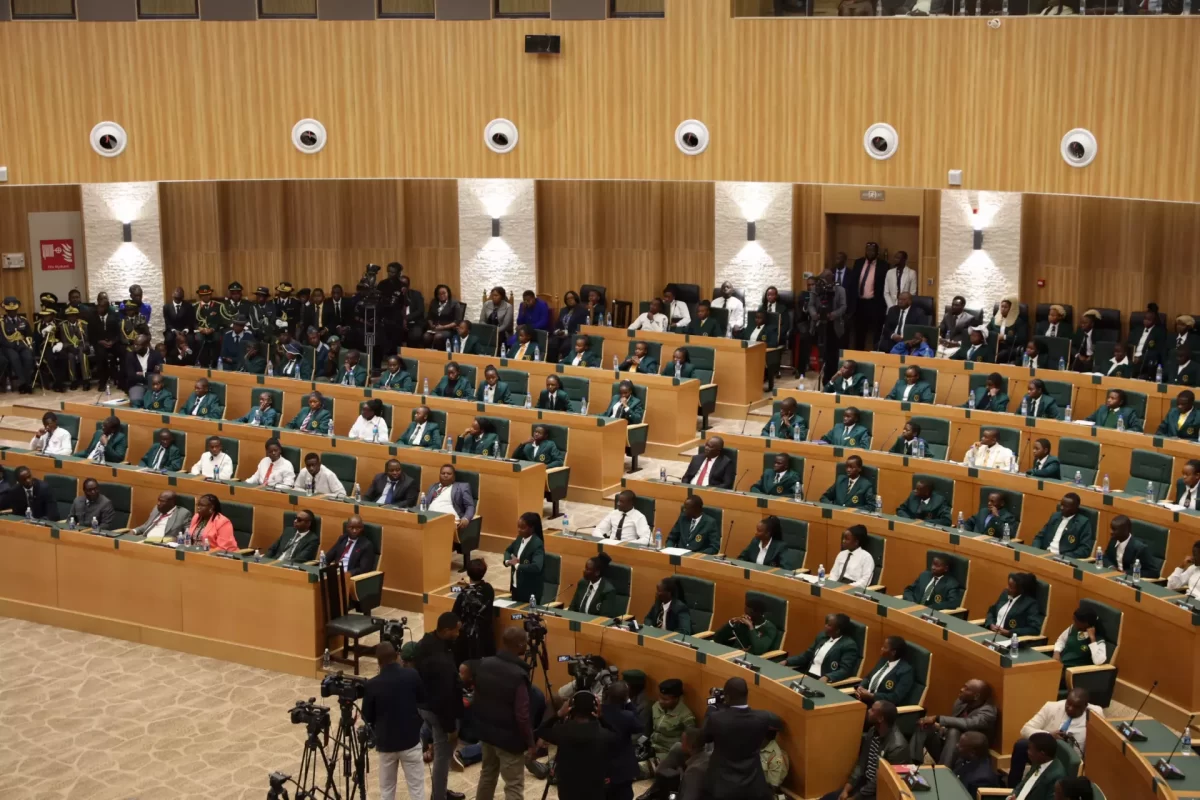BULAWAYO – Zimbabwe’s premier tourist resort was in panic mode on Monday after a tourist who fell sick in the border town tested positive for coronavirus following her return to the United Kingdom.
Schools suspended mass assemblies and sporting activities in Victoria Falls, as dozens of people who came into contact with the woman were being tracked down by health workers with the help of police and state security agents.
Authorities said they would be quarantined and tested for the disease.
The tourist arrived in Victoria Falls on the border with Zambia on March 7, and stayed at the exclusive Ilala Lodge. She engaged in several outdoor events organised by Wild Horizons, before going down with a fever.
A doctor who saw her told her she was probably reacting to anti-malaria medication – and no tests were conducted, ZimLive understands.
The Zimbabwe Association of Doctors for Human Rights (ZADHR) said the incident demonstrated the country’s lack of preparedness to tackle the global pandemic, which had killed over 7,130 people by 8AM on Monday and infected at least 181,364.
Zimbabwe’s health minister Obadiah Moyo, previously accused of withholding vital information on the coronavirus in Zimbabwe, called a news conference late Monday, apparently reacting to media enquiries over the British tourist.
“Today, we received a report that a tourist who came to Victoria Falls on March 7 and departed on March 10 back to the United Kingdom has been found positive for Covid-19 and is currently being treated in the United Kingdom,” Moyo told a press conference in the capital Harare.
Ilala Lodge, where the tourist stayed, and the staff there have been quarantined, Moyo added.
Zimbabwe has yet to confirm any Covid-19 cases – but it turned out Monday that the country has not been doing much testing.
The ZADHR told ZimLive that the ministry of health provided them with data which showed that only 14 people had been tested for coronavirus since the outbreak in the sprawling central Chinese city of Wuhan last December.
“The World Health Organisation has just been saying today that we continue to fight whilst blindfolded. If you don’t test, you won’t know. Zimbabwe is simply not testing enough,” said Norman Matara, the secretary of the Zimbabwe Association of Doctors for Human Rights.
Authorities are unable to assure Zimbabweans that the tourist was not the country’s first coronavirus case.
Last week, authorities appeared to withhold the nationality of a Chinese woman who complained of shortness of breath before dying on her way to the Wilkins Hospital in Harare, which is designated as the country’s main coronavirus handling facility.
Moyo refused to answer questions from ZimLive about the woman before the ministry of information, hours later, described her as a “Mutare woman” and insisted she had tested negative for coronavirus. Many Zimbabweans distrust their government and are not convinced they are getting the whole truth.
Defence minister Oppah Muchinguri claimed on Saturday that the coronavirus was God’s punishment on Europe and the United States for imposing sanctions on Zimbabwe.
“God is punishing them, now they’re staying indoors while their economies are screaming like what they did to ours by imposing sanctions on us,” she claimed, apparently oblivious that the epidemic started in China, one of Zimbabwe’s few remaining international allies.
George Charamba, the spokesman for President Emmerson Mnangagwa, claimed on Twitter that the coronavirus was a “disease of affluence.”
The apparent denialism by Zimbabwean officials prompted a meeting between Moyo and Britain’s ambassador to Harare, Melanie Robinson.
Robinson later revealed that they had “agreed on the importance of urgency and clarity in leadership, coordination and communication based on Zimbabwe’s preparedness plan.”
Britain has contributed £1.7 million through the WHO, including public health emergency supplies.
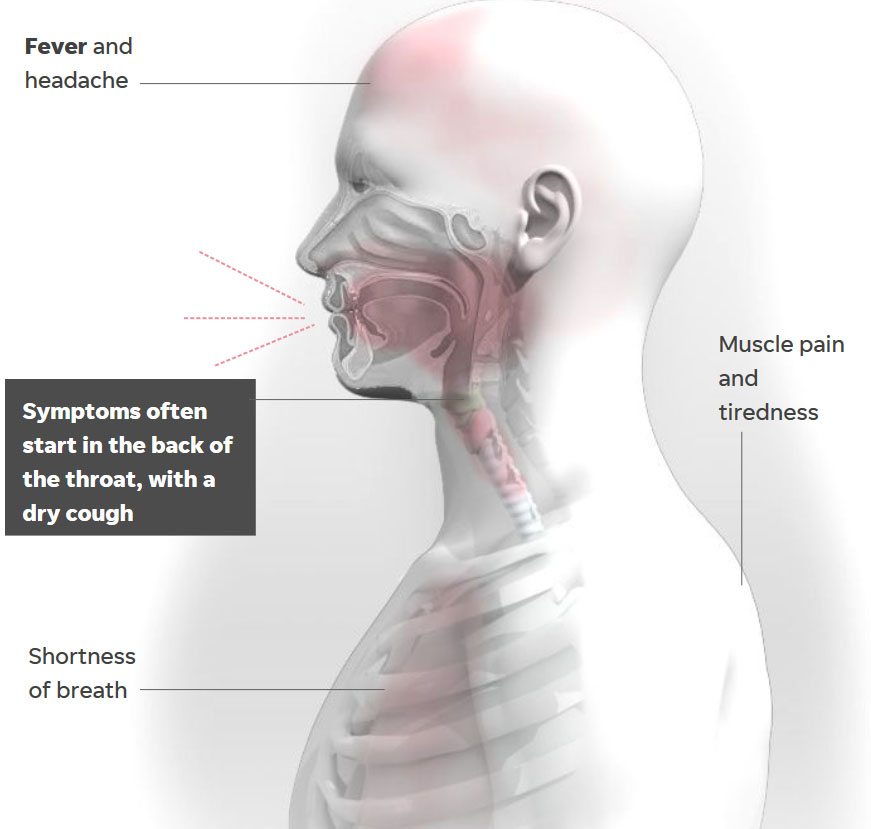
Unlike neighbouring South Africa, Zimbabwe has yet to close borders to visitors from affected nations. Schools are still open and in most public places, it is business as usual except at all ports of entry, like Robert Mugabe Airport in Harare and Victoria Falls Airport, where 80,000 visitors have so far been screened.
Zimbabweans have expressed concern the country’s rundown health delivery system might not cope well with the pandemic, with only 45 beds at the two quarantine centres in the country.
The ZADHR’s Matara said Harare only had four intensive care unit beds in public hospitals – two at Harare Hospital and two at Parirenyatwa Hospital.
“Out there in the districts and provinces, doctors don’t have a clue what the protocols are, people don’t know what to do… because everything has been centralised to Wilkins, which had no ICU the last time I checked. The thing about coronavirus is that we’re seeing that in young people it’s asymptomatic: if you don’t test you’ll never know. They don’t have symptoms at all, and that’s the problem,” said Matara, whose union is preparing a legal challenge on Tuesday to force authorities to taker greater steps to combat the potential spread of the disease in Zimbabwe.
He added: “We have three major problems in Zimbabwe. The first is not testing enough; the second is that we’re not prepared to deal with an outbreak because from the data coming from other countries, 20 percent of cases need ICU admission. Nationally, we have ten ICU beds in public hospitals.
“The third issue is that we’re still letting people come into the country. Our health sector is simply not financed enough to respond to this. So, our best option is to try and prevent diseases from coming in in the first place, we can’t leave our borders open. That should be our priority. We should have banned travel from affected countries. Even countries with sound economies are taking measures like that, but we’re exposing ourselves.”
Matara warned that if the coronavirus was to break out in Zimbabwe, “the mortality rate coming from China and Italy will pale into nothing.”
“It’s quite scary to think what potentially can happen,” he added.
